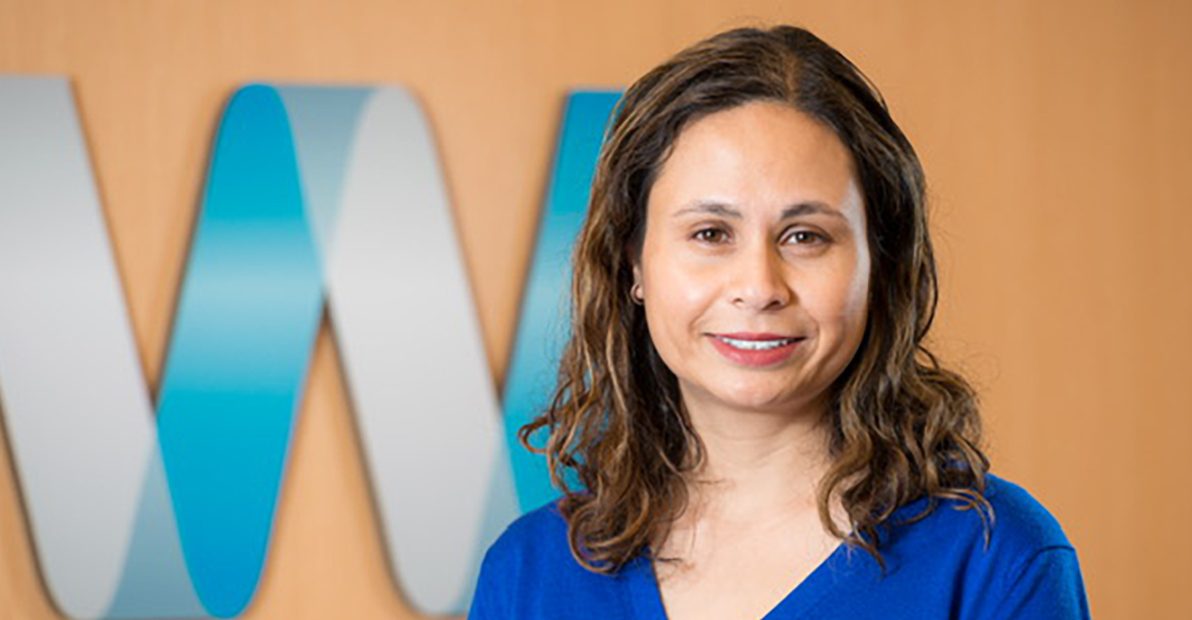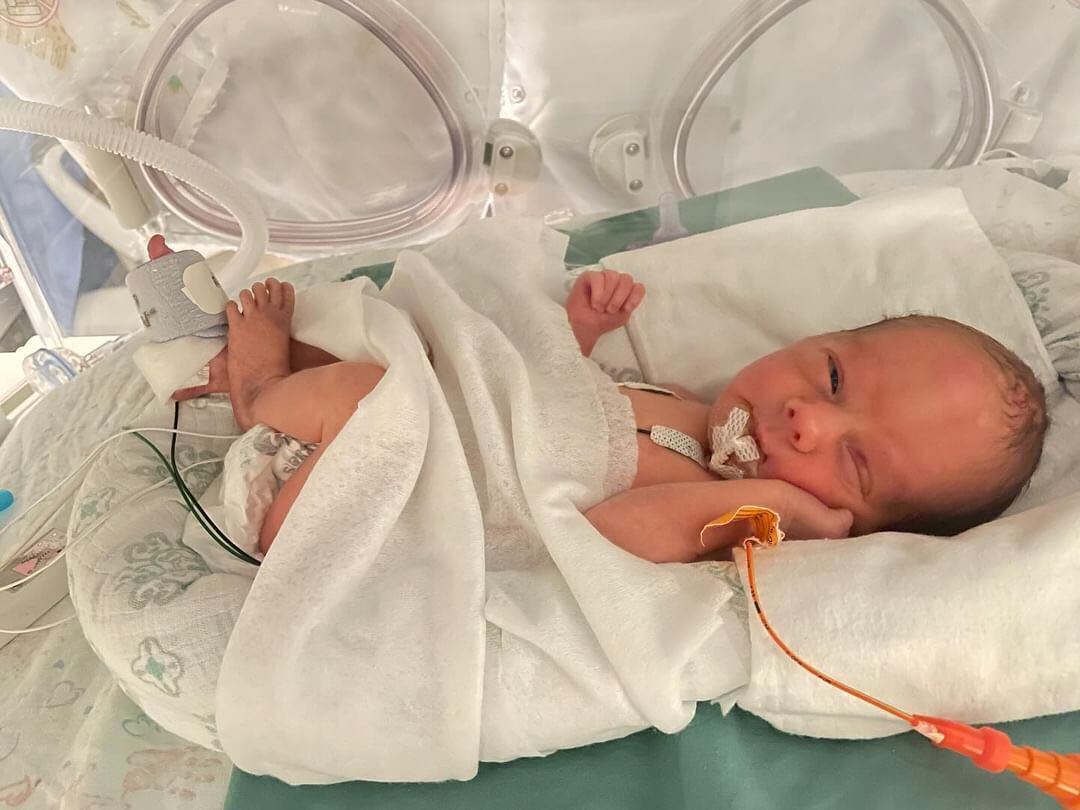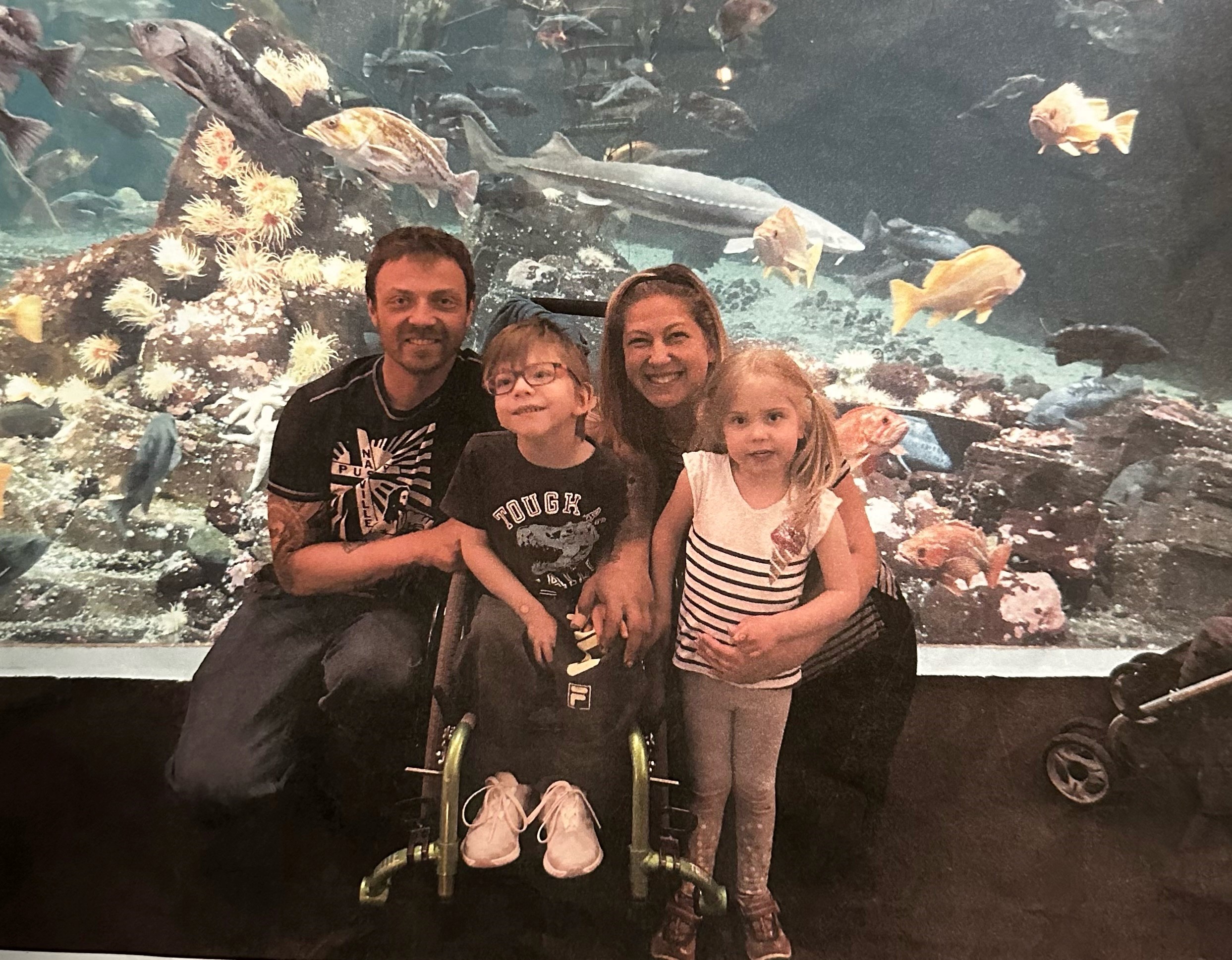
The Reproductive Mental Health Program at BC Women’s Hospital is a centre of excellence and a national leader specializing in the assessment and treatment of women with psychiatric illnesses during pregnancy and the postpartum period.
They recently joined forces with the BC Women’s Health Foundation to launch the Reproductive Mental Health campaign – raising funds and awareness for four innovative reproductive mental health initiatives.
We asked Dr. Karen Rivera a few questions about why she loves working in this field.
About Dr. Karen Rivera, MD FRCPC, Psychiatrist, Reproductive Mental Health
Dr. Karen Rivera completed her Undergraduate degree in Psychology and Gerontology at the University of Waterloo in Waterloo, Ontario. She obtained her Masters of Science in Occupational Therapy degree at McMaster University in Hamilton, Ontario. She completed medical school at McMaster University. And completed her Psychiatry residency at the University of British Columbia.
Dr. Rivera has been working at the Reproductive Mental Health Program at BC Women’s Hospital for the past 10 years. As a wife and mother of two, she can relate to some of the struggles, challenges, and joys that many of the women at the clinic face on a daily basis.
CH: We know healthcare makes a little go a long way. What impact will funds raised from the Reproductive Mental Health campaign have on the women and families you serve?
KR: It will help to fund research which will help us better understand and implement treatment modalities for perinatal and postpartum depression and anxiety. This will help us to provide better care for our patients and their families.
CH: We live in a world with many competing priorities right now. What excites you most about having others recognize your area of work as worthy of their investment?
KR: Women’s mental health is an area that has been long overlooked. Women need and deserve compassionate, timely, and effective treatment for their mental health issues, especially during pregnancy and postpartum which is an extremely high risk time in women’s lives.
CH: I completely agree. So if someone asked you, “but why support reproductive mental health when there are so many causes that deserve our investment during this time” — what would your answer be?
KR: I would say they are right, there are a lot of causes that deserve investment at this time. But investing in women’s mental health is an investment that is far reaching. It impacts not only women, but also their children, families, and their greater community.
CH: Imagine what support could look like for women living with reproductive mental health concerns in say 3, or 5 years down the line — what would your dream scenario for those women be?
KR: My dream scenario would be to provide every woman in BC the opportunity for psychiatric, counselling, and group support for their reproductive mental health concerns. I would also love to see a continuation of the Reproductive Mental Health Program’s groups specifically for dads who are also dealing with mental health issues in the postpartum stage.
CH: That’s a beautiful idea. I think many partners would benefit from that. I’m curious if you have a story of an early experience that informed your outlook today?
KR: As a resident doing an elective in reproductive mental health, I asked my preceptor at time why she chose to do this work. She said, “the best thing that I can do to help children is to help them have a healthy mom.” That quote has stayed with me after all of these years.
CH: Without naming any specific person, do you have a memorable story that has stuck with you?
KR: There is not one particular patient, but a few patients who have been initially resistant to getting help and support for their perinatal and postpartum depression or anxiety. After some time they realize that we want to work with them in partnership to improve their resilience and coping strategies. They realize that our goal is to empower women to be healthy and live their best possible lives.
CH: What have your patients taught you about the resilience of women?
KR: Women are strong, determined, and resilient. They are the centers of their families. If they are not doing well, the entire family suffers. They will often do whatever they need to get better for themselves and their families, because they know how important their role in the family unit is.
CH: What motivates you to get out of bed every morning in your role?
KR: I genuinely care about my patients and my work. It is encouraging and inspiring to work with patients who are so motivated to improve their mental health for their sake, and for their children and families. It is also motivating to work with such a great team at the Reproductive Mental Health program who strive to provide the best patient care every day.
CH: And last question, if you were to bump into someone who donated, what would you want to say to them?
KR: I would say thank you for helping us to provide much needed care for the women of our community. They will not regret investing in women, their children, their families, and the greater community.
STAY ENGAGED
- Buy tickets for GLOW, an interactive broadcast raising funds for reproductive mental health research.
- Donate today to ensure women’s reproductive mental health needs are met.
- Learn more about our Reproductive Mental Health campaign.
- Do you have a lived experience with reproductive mental health you’d like to share? Use your voice. By sharing your story, women across the province can relate, find solace, and muster the courage to share theirs too.
BC Women’s Health Foundation is BC’s largest non-profit organization dedicated to advancing the full spectrum of women’s health. The information shared is intended to educate, inform, and point readers to credible sources. It is not intended to substitute professional medical advice.
If you are struggling with your mental health, or concerned about someone else, call the BC Mental Health Support Line: 310-6789 (do not add 604, 778 or 250 before the number). It’s free and available 24 hours a day. If you prefer to access help and support via email, contact bcpartners@heretohelp.bc.ca.
-
Hope and Healing for BC’s Most Vulnerable
Not all pregnancies go smoothly. Some new moms encounter a multitude of life-threatening challenges. This was ...
Read more -
Immunoassay Analyzer for Newborn Screening
Simply put, early detection through newborn screening is saving lives. Baby Harri was one of the fortunate bab...
Read more -
A Journey of Hope + Gratitude
"You just never know how much you’ll appreciate a great facility like this until you go through something yo...
Read more



